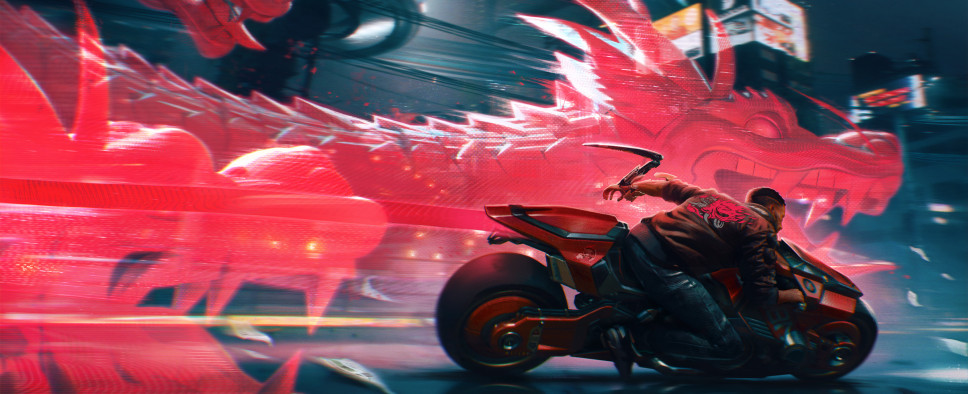Cyberpunk 2077 - The Strange, Unfinished Saga
-
Category: News ArchiveHits: 1754

A lot of people expected Cyberpunk 2077 to be the best thing ever. And when that clearly didn't happen, there was a lot of anger and confusion in the air, making it tricky to figure out what actually went wrong there. But if you'd like that whole mess neatly summarized, starting with Mike Pondsmith's origins as a game designer, his eventual partnership with CD Projekt, Cyberpunk's troubled development, and its post-release woes, you should check out this beefy article from The New Yorker.
Here's a couple of paragraphs and you take it from there:
Mike Pondsmith started playing Dungeons & Dragons in the late seventies, as an undergraduate at the University of California, Davis. The game, published just a few years before, popularized a newish form of entertainment: tabletop role-playing, in which players, typically using dice and a set of rule books, create characters who pursue open-ended quests within an established world. “The most stimulating part of the game is the fact that anything can happen,” an early D&D review noted. Soon, other such games hit the market, including Traveller, a sci-fi game published in 1977, the year that “Star Wars” came out. Pondsmith, a tall Black man who grew up in multiple countries because his dad was in the Air Force, loved sci-fi, and fancied himself a bit like Lando Calrissian, the smooth-talking “Star Wars” rogue played by Billy Dee Williams. “If I could’ve had a cape, I would have had a cape,” he told me, over video chat from his home in western Washington. He bought a copy of Traveller at a Bay Area hardware store shortly after it was released. “You had this vast, sweeping empire with aliens in it and all this stuff,” he recalled, “and people had these spaceships, and they went all over the place and traded and fought.”
There were aspects of the game that irked him. No lightsabres, for instance. Plus, once the game began, the rules made it nearly impossible for the player’s character to die. He tinkered with the rules and ended up writing his own game, Imperial Star, which he finished around 1980. By 1982, he had a degree in graphic design, and he was soon working as a typesetter in a print shop at the University of California, Santa Cruz. He produced a good-looking rule book—although the game, in his view, was a hobbyist’s effort, developed as a pastime for his friends, some of whom have been playing a campaign in the Imperial Star universe for more than three decades. He created another game, Mekton, which was inspired by his discovery of anime and involved giant fighting robots. His wife, Lisa, encouraged him to demo it at DunDraCon, a role-playing convention near San Francisco. By the second day, a few dozen people had gathered around his table, eager to have a go. A friend suggested he start a business. R. Talsorian Games—named for the father of one Pondsmith’s friends, who’d invested in the company as a tax writeoff—incorporated in 1985.

